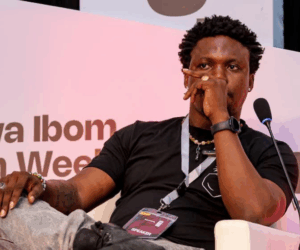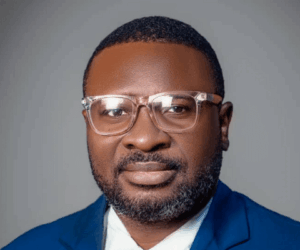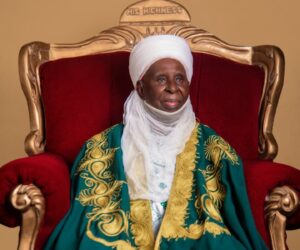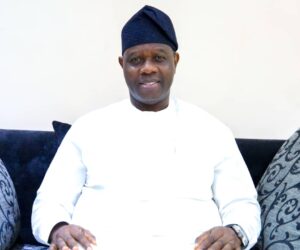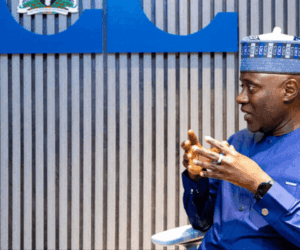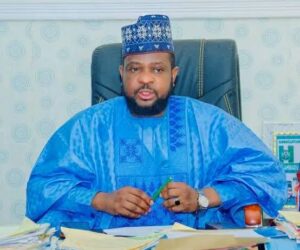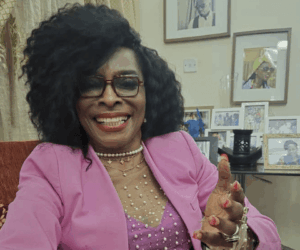0
Dan Ose Okoh is a Benin-based Senior Advocate of Nigeria from Ugbegun, Edo State. In this engaging conversation with TIM OKOJIE AVE in his Benin office, the new inductee into the Edo State Quintessential Hall of Fame debunked the popular notion that judges are corruptly aligned with politicians in election matters. According to him, cases are won or lost in lawyers’ chambers before they even get to the court. He also spoke on Nigeria at 65, insecurity, and other national issues. Excerpt:
As a Senior Advocate of Nigeria, how would you describe the judiciary in view of its recent judgments on election cases?
The judiciary is one of the most misunderstood arms of government. It is like a river — it doesn’t manufacture evidence. Cases are won or lost in the chambers before they even get to court. It is usually those who fail to prove their cases that go about accusing judges of corruption. When they win, you never hear them complain. We must understand that judges don’t make the law; they only interpret it. Whatever shortcomings we see in the system today largely stem from the electoral laws made by the legislature. If those laws were stronger and clearer, we wouldn’t have the kind of confusion we see during elections. For instance, if the law made it mandatory for election results to be transmitted directly from polling units, there would be no room for manipulation at collation centres. Once results are publicly announced at polling units, everyone would know who won. The truth is that if the electoral law is sound and INEC follows it strictly, there would be little or no need to go to court after every election. The real issue is with the electoral process, not the judiciary.
In the case of Senator Hope Uzodimma, who came fourth in the governorship election but was later declared governor by the Supreme Court, can the judiciary not be blamed for that judgment?
Every case is decided based on its peculiar facts and circumstances. No two cases are exactly the same. The facts determine how a judge arrives at a decision. Take the case of Adams Oshiomhole vs. Professor Oserheimen Osunbor, for example. It wasn’t about who was more educated or who was a law professor; it was about the evidence presented before the court. The same applies to Asue Ighodalo vs. Monday Okpebholo. Many people don’t understand how the judicial system works. Judges are not miracle workers; they can only act on the evidence before them. A petitioner must prove his case beyond reasonable doubt when a crime is alleged. You can have all the documents in the world, but if you can’t properly prove or articulate them under cross-examination, your case will collapse. Once you enter the witness box, every inconsistency can weaken your case. Judges simply work with what has been properly proved before them — nothing more, nothing less.
But in the case of Asue Ighodalo and Monday Okpebholo, results showed that Ighodalo was leading with over a hundred thousand votes before figures changed at the collation centre. Were the judges not compromised?
No. The judges were not bribed. The issue was that the evidence presented by Asue Ighodalo’s lawyers was not strong enough to sustain his claims. Those who accuse judges of compromise do so out of ignorance of how the judicial process works.
What do you think should be done to the electoral law to avoid a repetition of these controversies?
To achieve a truly free and fair election, the country needs reliable 24-hour electricity supply so that results can be transmitted electronically from polling units without interference. Beyond that, the legislature must enact stronger, clearer electoral laws that remove loopholes for manipulation. Transparency begins with legislation.
How would you describe the condition of the judiciary today in terms of remuneration compared to the past?
The condition of judicial officers is far better now than it used to be. The government has reviewed and increased their remuneration compared to what obtained in the past. That’s a welcome development.
How would you compare the government of Senator Monday Okpebholo with that of former Governor Godwin Obaseki?
It would be unfair to compare nine months of Okpebholo’s government with Obaseki’s eight years in office. Governor Obaseki did a lot for Edo State. He was an innovator and a man of principle. In fact, he played a key role in ensuring that an Esan man had a fair shot at becoming governor. If he hadn’t supported Asue Ighodalo, the APC might not have zoned its ticket to Edo Central at the last minute. As for Governor Okpebholo, it’s still early to judge, but he’ll always be remembered as the first governor to build a flyover bridge in Edo State.
Nigeria is 65 years old but still struggling with development. What do you think went wrong?
Nigeria is not where it ought to be because our resources — both human and natural — are not properly managed. We have suffered from a lack of accountability by those in power. Countries like Malaysia that once came to learn from us are now far ahead. Look around: most of the roads we’re managing today were built by the military in the 1970s. That tells you how much neglect and poor governance have cost us.
Finally, sir, how can Nigeria overcome its worsening insecurity problem?
Insecurity has sadly become a lucrative business. Many people are benefiting from it. Until there’s proper accountability for the trillions spent on security, the problem will persist. During the administration of Goodluck Jonathan, mercenaries were hired and, within a month, insecurity was drastically reduced. But when the new government came in, for political reasons, the effort was abandoned. If the federal government is truly serious and accountable, insecurity can be curtailed, if not completely eradicated.


